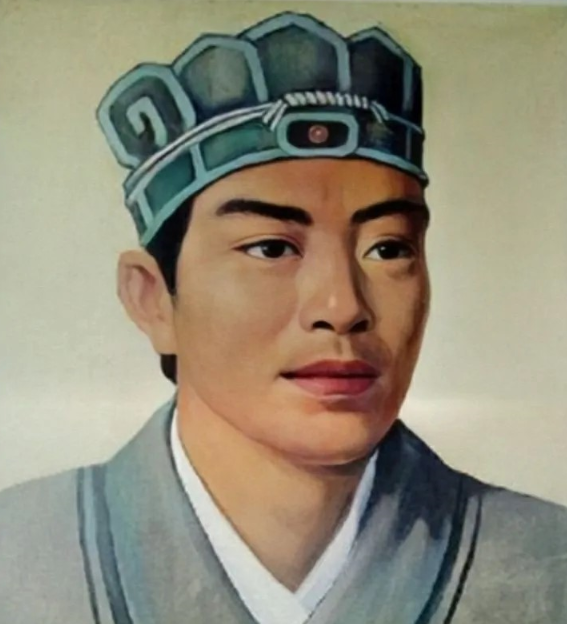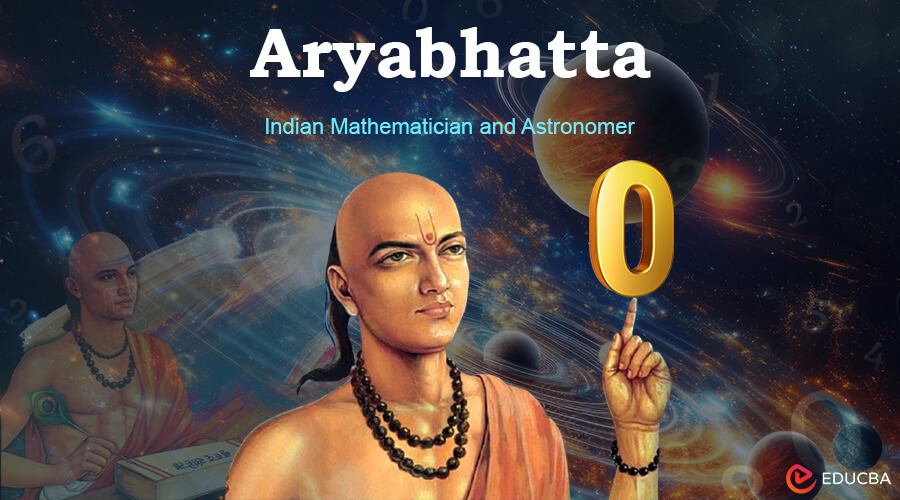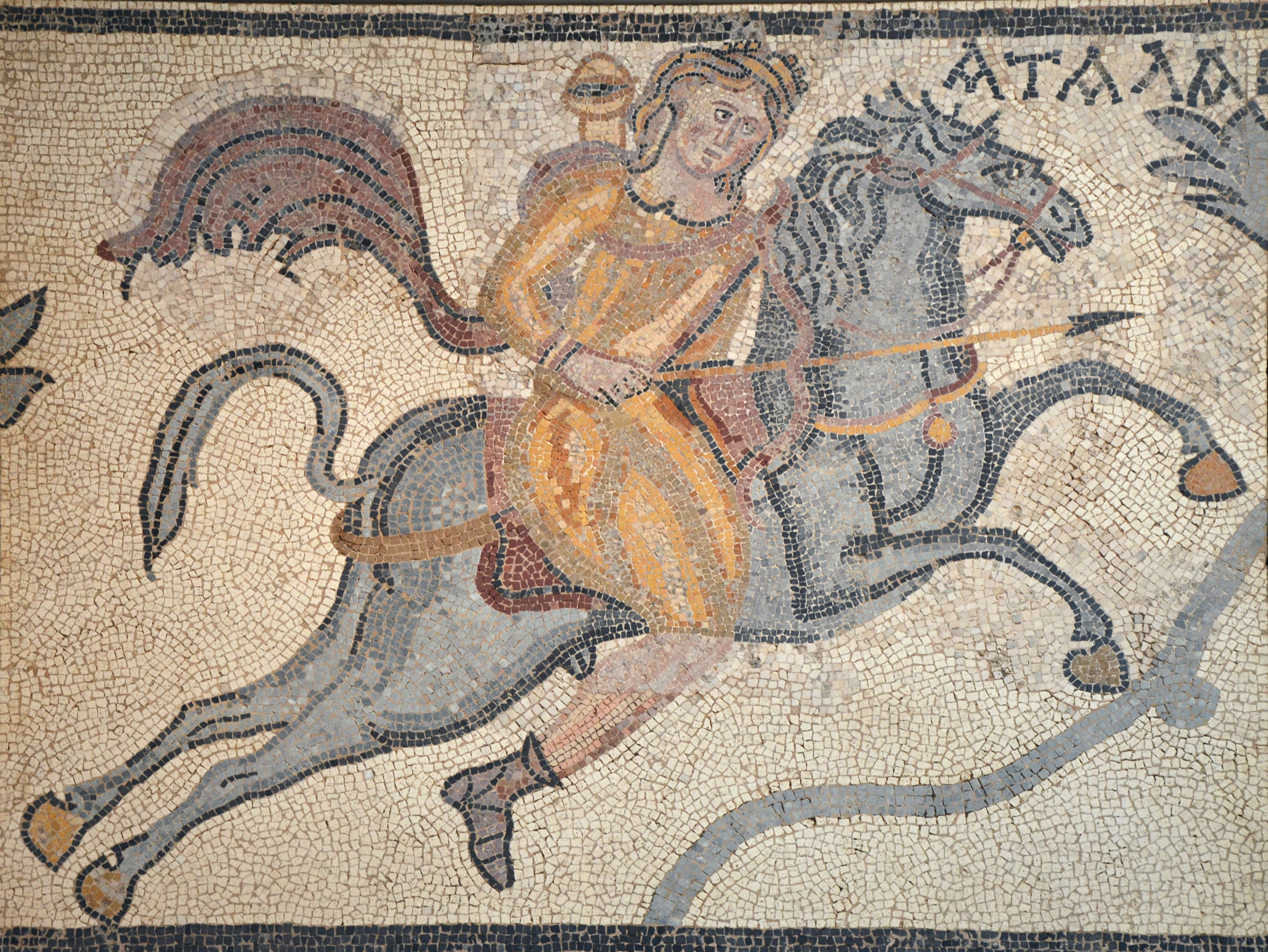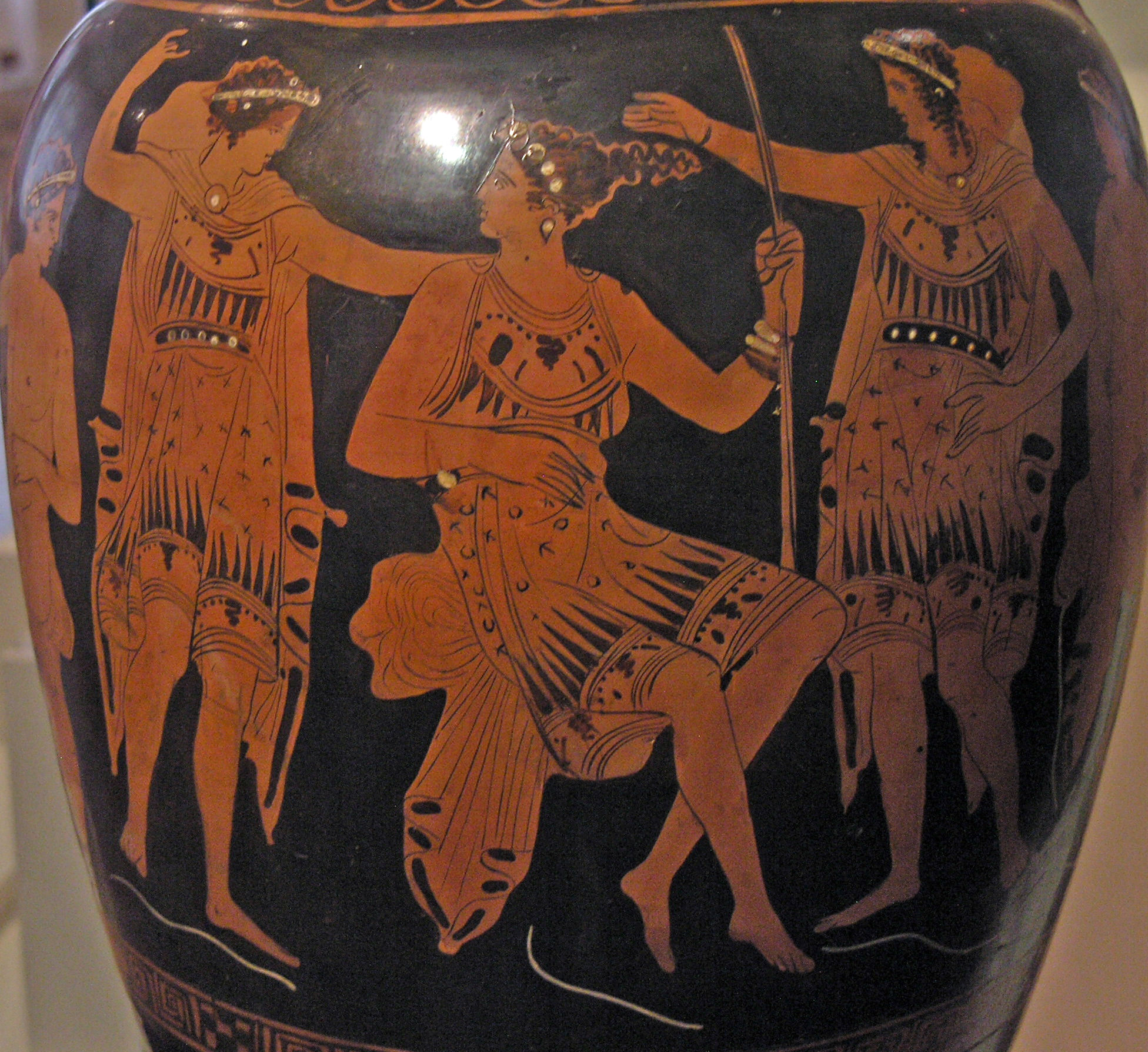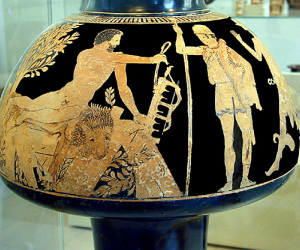In fact, Carl Gustav Jung is definitely one of the personalities who paved the way for spiritual Satanism. His entire worldview was gnostic and anti-Christian.
View attachment 4073
Image: Carl Gustav Jung, the founder of "analytical psychology".
This is by no means an exhaustive article about him.
Rather, he advocated the central role of spirituality and thus issues concerning the divinity of the self as well as the dangers of orthodox Christianity. He therefore inevitably had a great interest in occult practices such as alchemy and astrology. He studied all mythologies as well as archaeology to show how much paganism was obscured and rejected by Christianity.
C. G. Jung was mentored as a young Swiss psychiatrist by the Jew and atheist Sigmund Freud. Jung accompanied Freud on his brief visit to America in 1909. However, their friendship ended in 1914 in a radical break and a lifelong estrangement. Jung by no means agreed with Freud's views on the psychological centrality of sexuality or his rejection of religious impulses as neurotic. Rather, Jung was always the spiritual explorer and therefore tried to fathom the spiritual needs of the soul.
Freud initially regarded him as the "crown prince" of his psychoanalysis. However, after the differences between them grew ever greater, Freund withdrew his mandate. Jung, in turn, in order to distance himself from Freud's theories, described his psychology as an analytical psychology.
C. G. Jung, who became one of the most deeply religious psychologists and most profound connoisseurs of occultism through his many experiences in self-therapy and extensive research into almost all cultures, much to Freud's dismay, disappointed his teacher. In the end, he went far beyond him and increasingly practiced occult practices that Freud disliked.
He turned to mystical paganism, claiming that he became a god through an intense visualization exercise based on the elements of initiation rituals of ancient mystery religions, particularly Mithraism. Jung believed that he had experienced a direct initiation into the ancient Hellenistic mysteries and even experienced deification in the process.
The doctrine of archetypes that pervades his work, however, comes from the Sufi master Ibn El-ʿArabī, which even Jung knew about and wrote about in an article entitled "The Soul Problem of Modern Man".
An archetype in the sense of C. G. Jung's teachings would be, for example, the "apple" that appears in mythologies, but also the pentagram and the moon. These are symbols for the primal principle, for the archetype, namely the feminine, the "goddess of love", Venus.
Another occult practice in Jung's work is the so-called shadow work.
According to C. G. Jung, the "shadow" is that part of us with which we do not identify, which we rather repress into the darkest corner of our consciousness. We do not want this part or simply cannot live it out. Nevertheless, together with the "I" with which we identify, it forms our individual.
The projection of the shadow outwards, in turn, very often causes the psychiatric clinical picture of paranoia and general delusions.
However, if a person not only wants to be healthy, but also wants to become "whole" and thus realize themselves, the rejected part must urgently be integrated into the person according to Jung. He called it shadow integration in order to create a complete personality.
C. G. Jung called the path of individuation shadow work through shadow integration. He understood this to be a transformative process which, on the one hand, frees us from unconscious parts and, on the other hand, brings us to life and promotes inner freedom from conflicts.
Metaphorically speaking, Osiris is killed by his brother Seth through this shadow integration. First of all, it leads to a dispersion of all the unpleasant parts of the soul within us. In the light of Isis, however, all these parts are found again (with the help of Anubis) except for the generative power, which must be "artificially" produced by her. In this way, Osiris can be reawakened in us, who now rules in our "underworld", our unconscious as the "dark god". In his union with Isis, he also gives birth to the new child, our new, awakened soul as the child Horus. The springs of life, which are located in the "underworld", begin to bubble up.
Right understanding is about shadow acceptance, about being in agreement with one's own shadows. It is not about dissolving or destroying them, but about experiencing and "loving" them. There are tremendous energies hidden in the shadow that want to be released. They need to be used in order to become more alive.
The aim is therefore to accept ourselves as we are and learn to recognize what lies dormant in the shadows. Dealing with this unloved part of ourselves should transform us. Because one thing is certain: it is precisely the dark sides of ourselves that hinder us the most in our magical work.
In his "Red Book", he also described and drew his guardian demon Philemon, who accompanied him throughout his life and whom he got to know through shadow work.
View attachment 4074
Image: The "holy guardian demon" Philemon by C. G. Jung from the "Red Book"
C. G. Jung said that you often only live out one part of your personality and repress another part that is hidden inside. The repressed part, the shadow, often creates fears, feelings of guilt and shame as well as addictions. It works hidden from the depths.
The shadow is our "other side", so to speak. It is the "dark brother" who forms a whole with the human being, like Isis and her other side, her shadow side, her dark side Nephthys, or like Osiris and his other side, his shadow side, his dark side Seth. In the area of the shadow lie tendencies of the personality that are present but have not yet found expression, or those that are considered unfavorable or "sinful" according to false Christian ideas, which is why they are suppressed.
For Christians, Jung was and is not only an "occult psychologist", but a "Satanist", without using the latter word as we understand it, but as an "enemy" of Christian doctrine, which would, however, coincide with our view.
Hail Satanas!
Hail Luciferus!
Heil Wotanas!





